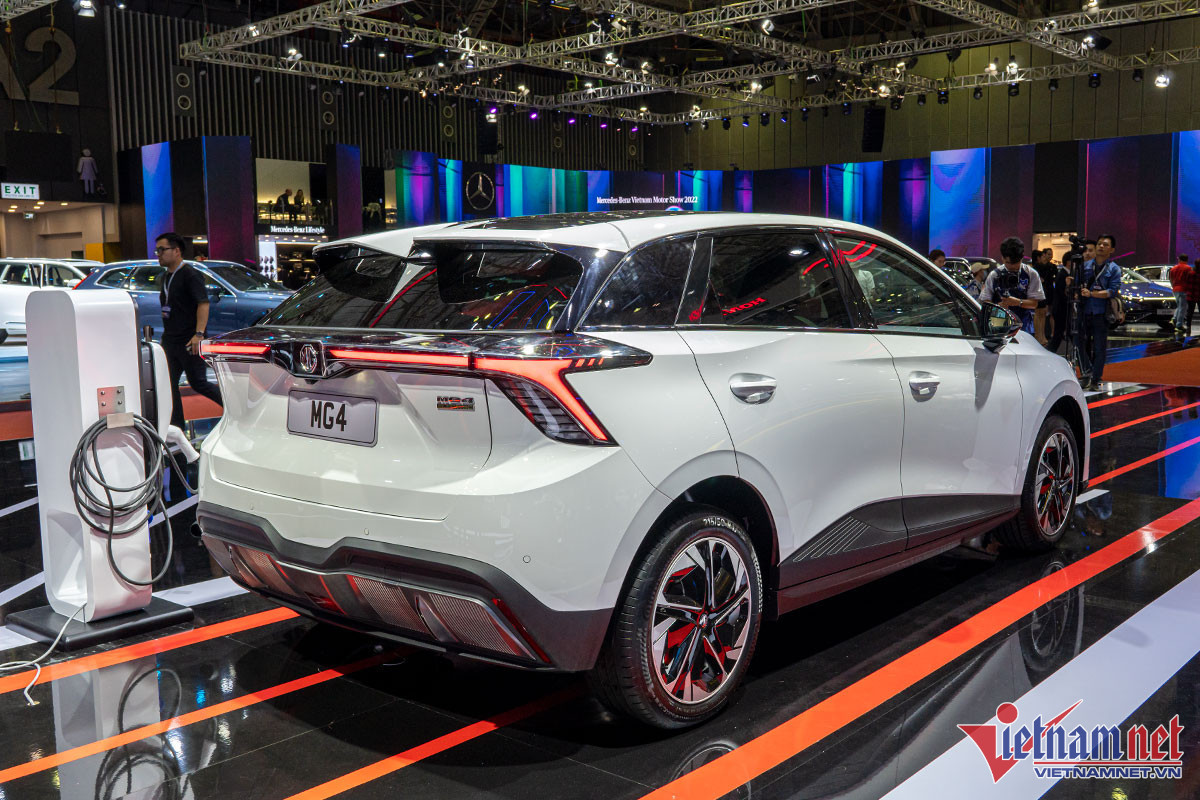
MOF has submitted to the government a statement about the draft decree on amending and supplementing some articles of Decree 26/2023 on import and export tariffs.
In the document, the ministry disagreed with the proposal on the required output that automobile manufacturers must satisfy to be eligible for tax incentives.
Prior to that, the Vietnam Automobile Manufacturers’ Association (VAMA) and Hai Duong provincial People’s Committee had proposed that the ministry and government consider Ford Vietnam’s proposal on the adjustment of required output within the framework of the 2023 tax incentive program.
Under current regulations, to join the program and enjoy the preferential tariff of zero percent on car part imports that serve domestic production, auto manufacturers must show certificates on meeting the requirements on car assembling and manufacturing granted by the Ministry of Industry and Trade (MOIT), as well as requirements stipulated in the decree (on car parts, car models, output, emissions, tax incentive review period and procedures).
One of the requirements is the minimum total output in general and output for each car model.
The required minimum output is set with an aim to encourage enterprises to expand their production scale. Automobile manufacturers won’t be able to enjoy preferences stipulated in the program if they don’t meet the requirements on car output during the tax incentive review period.
“The requirement on output is an important and prerequisite condition for enterprises to scale up their production, and increase the locally made content in products, thereby helping the automobile industry develop on the right track directed by the Party and the State,” MOF states.
The ministry went on to say that the government has many policies to support the domestic car assembling and manufacturing, and the request on lowering the required output ‘is not suitable to the current conditions’.
MOF also disagrees with the proposal from Toyota Vietnam on adding some car parts and components to the list (Group 98.49) of products subject to the zero percent MFN tax.
The list names the car parts which cannot be produced domestically and bear high technology content. Vietnam set a preferential tariff on products to encourage the development of the domestic automobile industry and help cut production costs.
MOF said some of the HS codes (Harmonized Commodity Description and Coding System) mentioned by Toyota Vietnam in its proposal can now be produced domestically. Meanwhile, some other HS codes have been added to the 98.49 Group.
Luong Bang